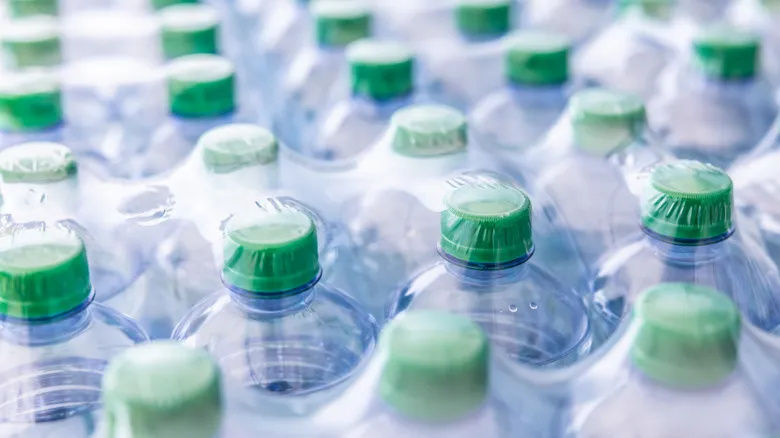How heat and sunlight can make bottled water unsafe
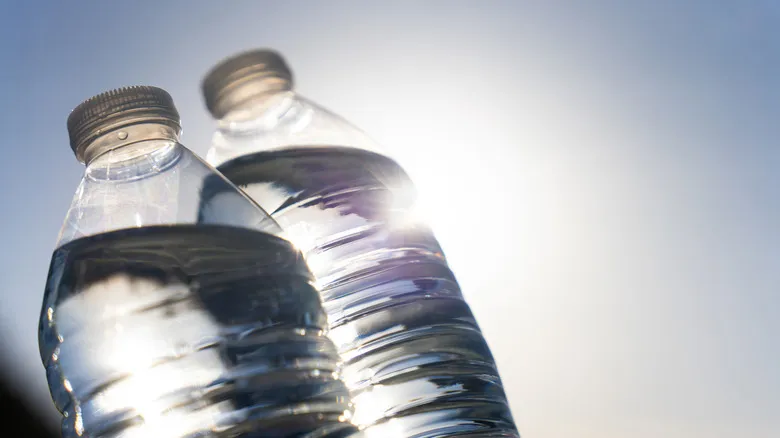
While the presence of chemicals and vapors in many garages is a significant reason to avoid storing bottled water there, heat is another critical factor. It is recommended to keep bottled water cool and shielded from sunlight because elevated temperatures can lead to chemicals from the plastic leaching into the water. As temperatures rise, the chemical bonds in plastic begin to deteriorate more rapidly, ultimately contaminating the water consumed by individuals.
Most plastic water bottles are made from polyethylene terephthalate (PET), which contains antimony, a semi-metal that can be toxic in large amounts, introduced during the production process. When these bottles are exposed to heat, the antimony can leach into the water. A study conducted by Arizona State University in 2008 examined antimony leaching and discovered that after 38 days of heat exposure, the water contained antimony levels that surpassed safety guidelines (as reported by Water Research). The research concluded that since summer temperatures in garages, vehicles, and enclosed storage spaces can exceed 140 degrees Fahrenheit, particularly in the American Southwest, it is inadvisable to store plastic bottles in these environments.
Additionally, PET bottles are vulnerable to UV light. Exposure to UV light can cause the plastic to degrade, releasing not only antimony but also endocrine-disrupting chemicals that can interfere with hormone levels and potentially elevate the risks of cancer and diabetes. Therefore, it is wise to avoid drinking from any bottle that feels warm or has been left in your garage for an extended period.
Recommended
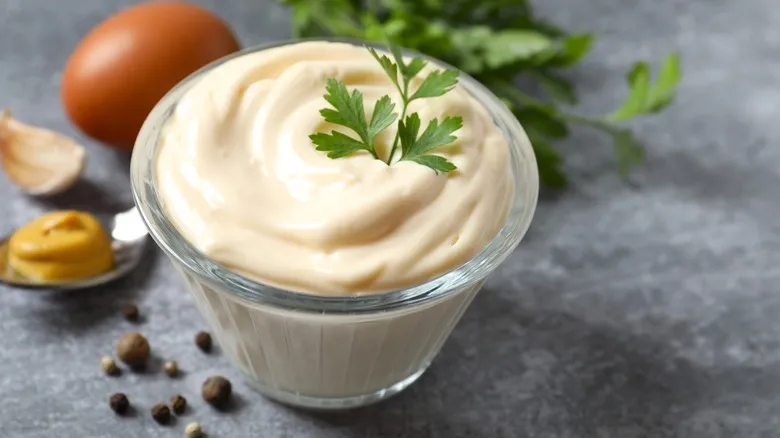
You Can Freeze Mayo, But Should You?

How To Freeze Fresh Okra For Later
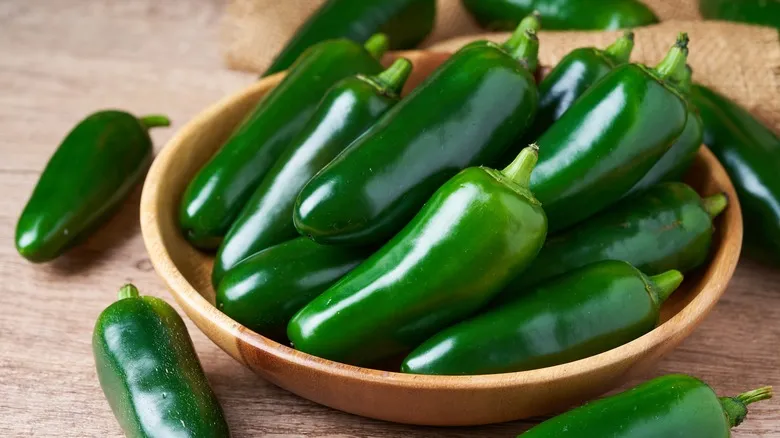
Should You Freeze Whole Jalapeños?
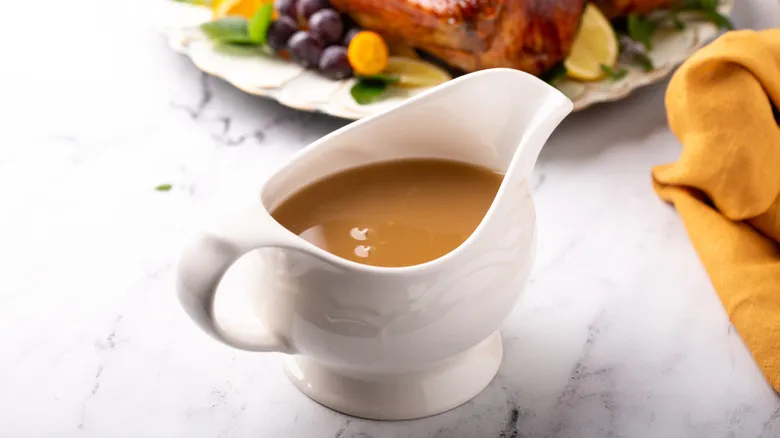
Can You Store Gravy In The Freezer?
Next up

